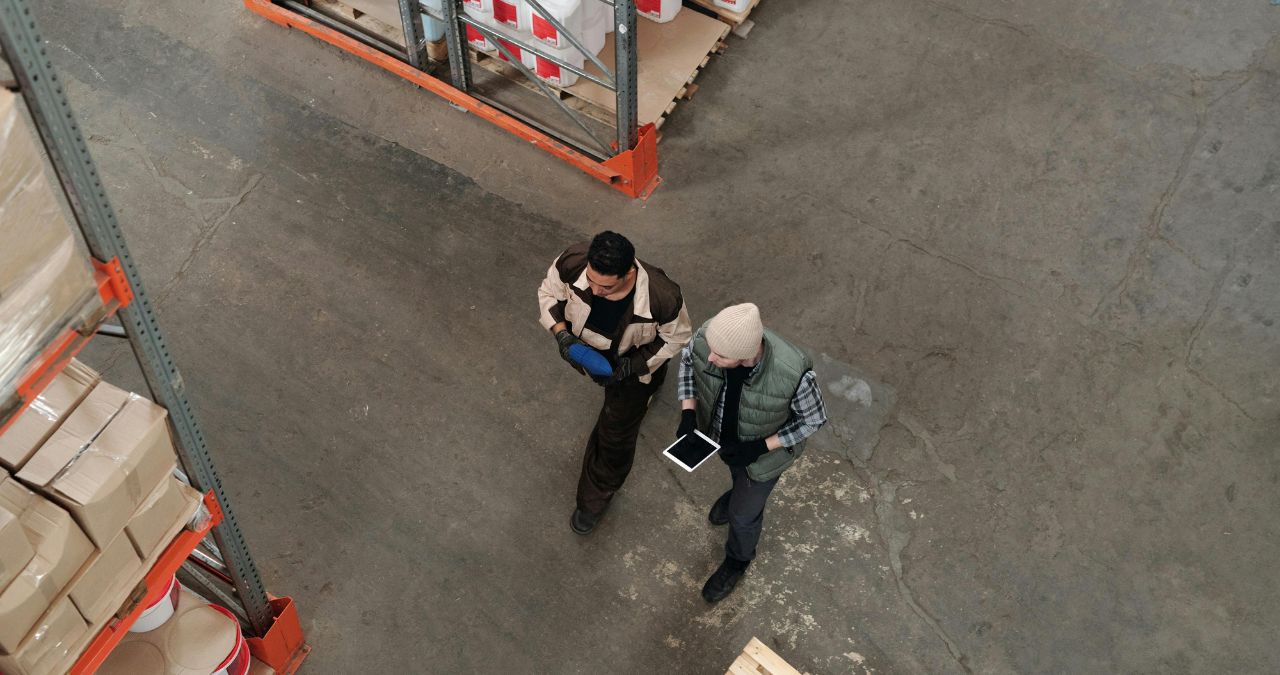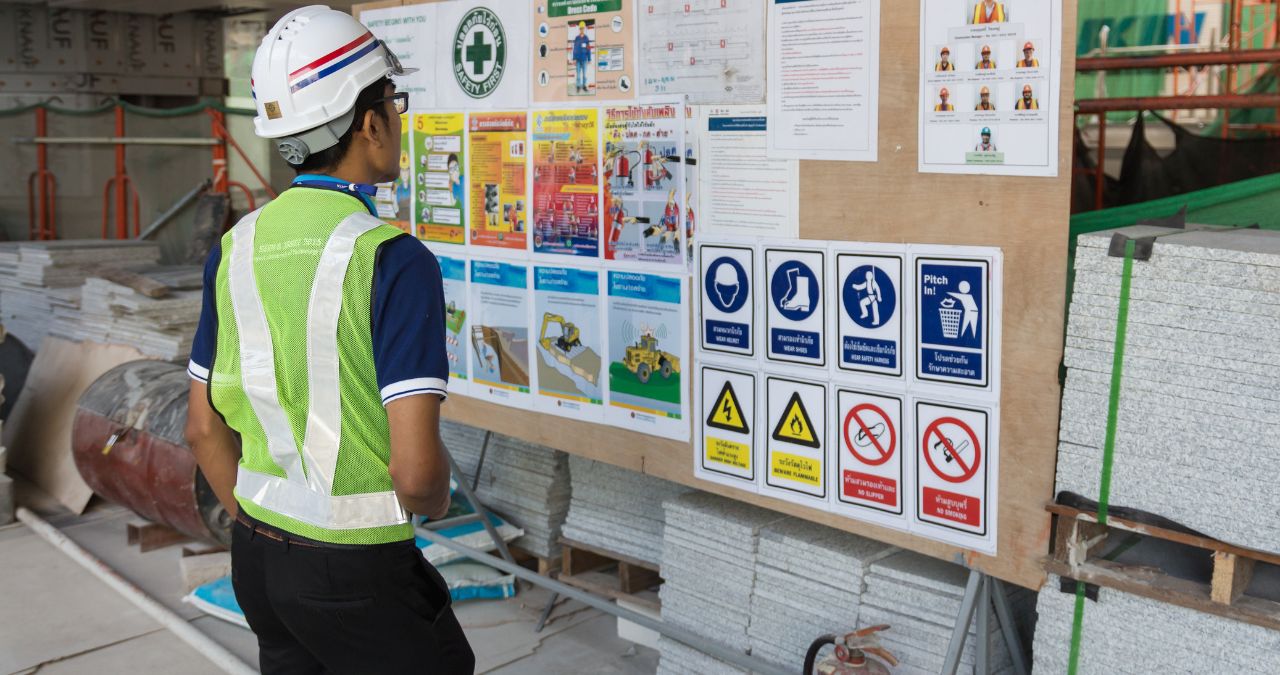E-commerce is soaring in popularity, and many new companies and business ventures are emerging. As e-commerce businesses grow, so should their capacity – and that’s what scalability is all about. Businesses start small but soon learn that they can’t do it all. It’s the point where garage storage space no longer works, and businesses move into warehouses. Software is now needed to keep track of things rather than write them down in a notebook. Is your ecommerce business ready for warehousing scalability? Can it be done too late, and what happens if you’ve done it too soon?
Warehousing Scalability for Ecommerce
What Is Scalability?
Scalability refers to the ability of a system, network, or process to handle a growing amount of work, or its potential to be enlarged to accommodate that growth. In simpler terms, it’s about how well a system can grow and adapt to increased demands without sacrificing performance, stability, or efficiency.
- Orders increase, and there’s more pressure on the company to complete them.
- It’s where one company needs software and partnering with 3PL logistics to keep up. You can save money by using a shared warehouse and only pay for space and services used.
- The point where companies like Microsoft and Apple couldn’t be run from the garage – and yours shouldn’t be, either.
The Vital Role of Scalability
Scalability is the linchpin of effective ecommerce warehousing. It allows warehouses to flexibly accommodate fluctuating inventory demands, ensuring smooth operations during peak seasons and optimizing resources during quieter times. Moreover, scalability supports business expansion by enabling seamless growth without disruptive overhauls. By fostering operational agility and ensuring timely order fulfillment, scalability enhances customer satisfaction and future-proofs warehousing operations in the rapidly evolving ecommerce landscape.
When Is The Right Time?
Companies that suddenly have to fulfill more orders have two options.
- One option is to do everything yourself, risking a shortfall.
- The second option is seeking help from a third-party logistics company, which is essential for scalability.
Option one sounds courageous. However, being wrong about your capability to fulfill orders could drop your company’s customer satisfaction and damage your reputation. The second option enhances customer satisfaction and often leads to more returning customers.
Most warehouse operations have a pick, pack, and ship system in place. The benefit of this is faster order fulfillment and meeting customer’s demands.
When You’ll Need Third-Party Logistics
Third-party logistics is important anywhere companies feel like they need help tracking or completing orders. Companies can partner with affordable 3PL providers before reaching this point, but waiting can result in scrambling to find the right company.
Warehousing operations require the right partnerships and might need additional resources like software for better fulfillment services.
Technology also aids scalability. A warehouse management system saves you time and can eliminate manual processes. Invoicing and supply tracking software is better and more accurate than writing orders in a book. Forget old-fashioned methods and check out what’s been invented in the past decade.
Ecommerce warehousing solutions can sometimes help companies predict their next orders rush. This can be done using AI (artificial intelligence) predictions combined with real business statistics.
Ecommerce Warehousing Scalability
Size isn’t everything, and scalability isn’t just about how big your storage warehouse is compared to everyone else’s. Warehouse scalability is also about how well you’re able to manage inventory and keep track of its contents. Fulfillment centers are key in handling ecommerce business and the logistics required to complete a customer’s order.
Going bigger means more responsibility.
The good news is that AI tools and computer-aided inventory systems are proving more useful for e-commerce businesses and warehouse scalability. Switch over to new things: your customers will thank you for future-proofing your business.
MAI Fulfillment Your 3PL & Warehousing Solution
MAI Fulfillment is a privately held third party logistics (3PL) company in Chicago specializing in warehousing, and omnichannel fulfillment services. As an experienced outsourced provider, we provide value-added solutions designed to help companies build and grow.
The MAI business model offers clients the efficiency and convenience of dealing with a single accountable resource for a wide range of services. MAI areas of specialization include:
- Custom B2B and DTC warehouse and multichannel fulfillment solutions
- Multi industry support
- Technology support
A wide range of service offerings, strategic problem-solving skills, and experience make MAI a valued partner to a broad range of Fortune 500 companies. “Quality” is more than just a word here – it’s the foundation of how we conduct business and an integral part of the processes and metrics we use to deliver value to our clients every day.
Contact MAI today to learn more!




